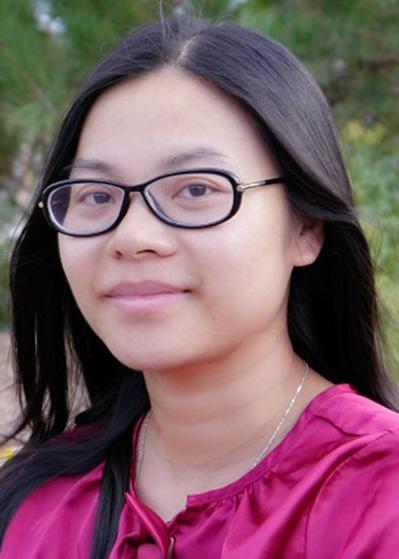Yan Lin
Dr. Yan Lin is a geographer with training in Geographic Information Science (GIScience) and health/medical geography. Her research is dedicated to exploring the interrelated process between space, place, and health. By leveraging GIScience, spatial analysis & statistics, mixed-methods, and community-based research principles and methodologies, she aims to unravel the multifaceted relationships among human health, social dynamics, and environmental factors. Dr. Lin’s research endeavors to bridge the realms of GIScience with environmental and social determinants of health, with a particular focus on spatial analysis and modeling, data & uncertainties, community environmental health, and cancer disparities.
In the realm of spatial analysis and modeling, her research delves into the development and refinement of geospatial modeling and the exploration of uncertainties inherent in data source and their propagation through modeling, as well as their social implications with a critical lens. Her research agenda in environmental health has a specific emphasis on understanding and addressing environmental health disparities, particularly within Native American communities. Central to this endeavor is the cultivation of sustained partnerships with indigenous communities, ensuring that research efforts are aligned with and responsive to community priorities and needs. In the domain of cancer disparities research, she adopted a geographical lens to examine various facets of cancer prevention and control.
Dr. Lin’ research has been funded by NIH/National Institute of Environmental Health Sciences (NIEHS), National Institute on Minority Health and Health Disparities (NIMHD), National Institute of General Medical Sciences (NIGMS), National Cancer Institute (NCI), National Science Foundation (NSF), and U.S. Environmental Protection Agency (USEPA).
Prior to joining Penn State, Dr. Lin was an associate professor of geography at the university of New Mexico. She received her Ph.D. in Geography from Texas State University, and master’s degree in GIS from Central South University. She received the UNM Sobel Duncan Science for Health in Indigenous Populations (SHIP) Research Award (awarded jointly with her doctoral student advisee) as well as Women in STEM Faculty Development Award in 2022.


